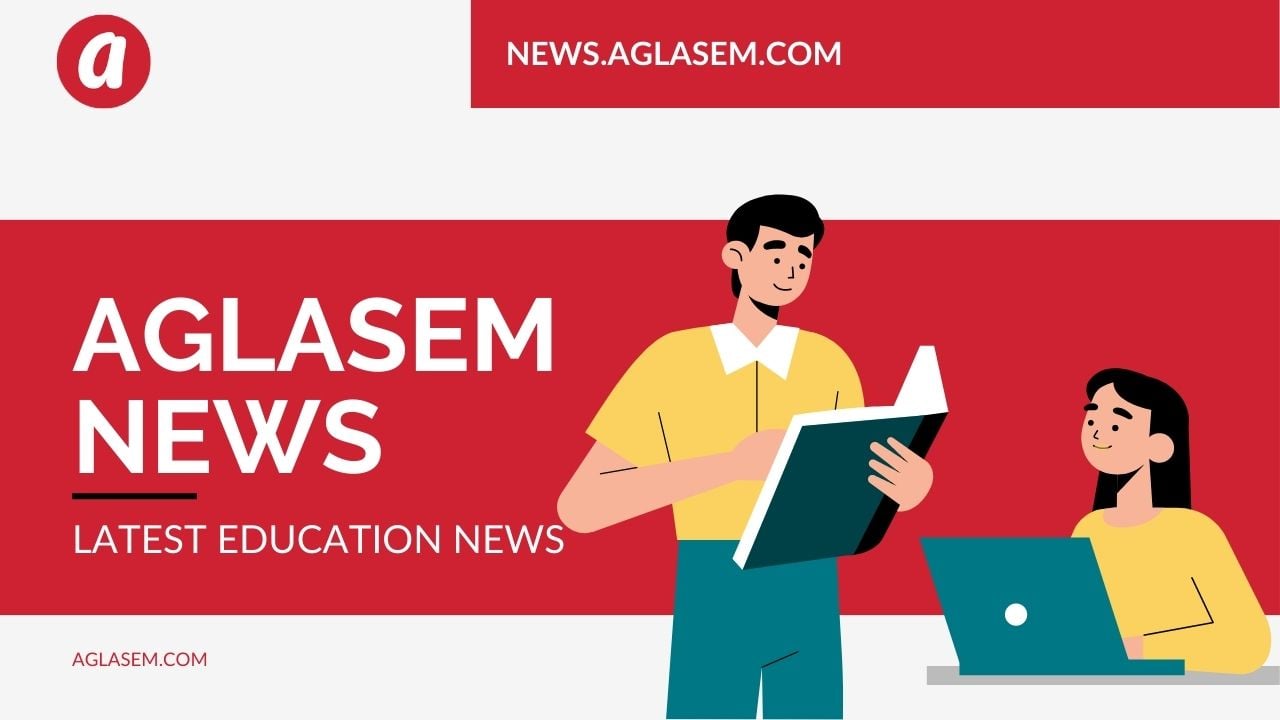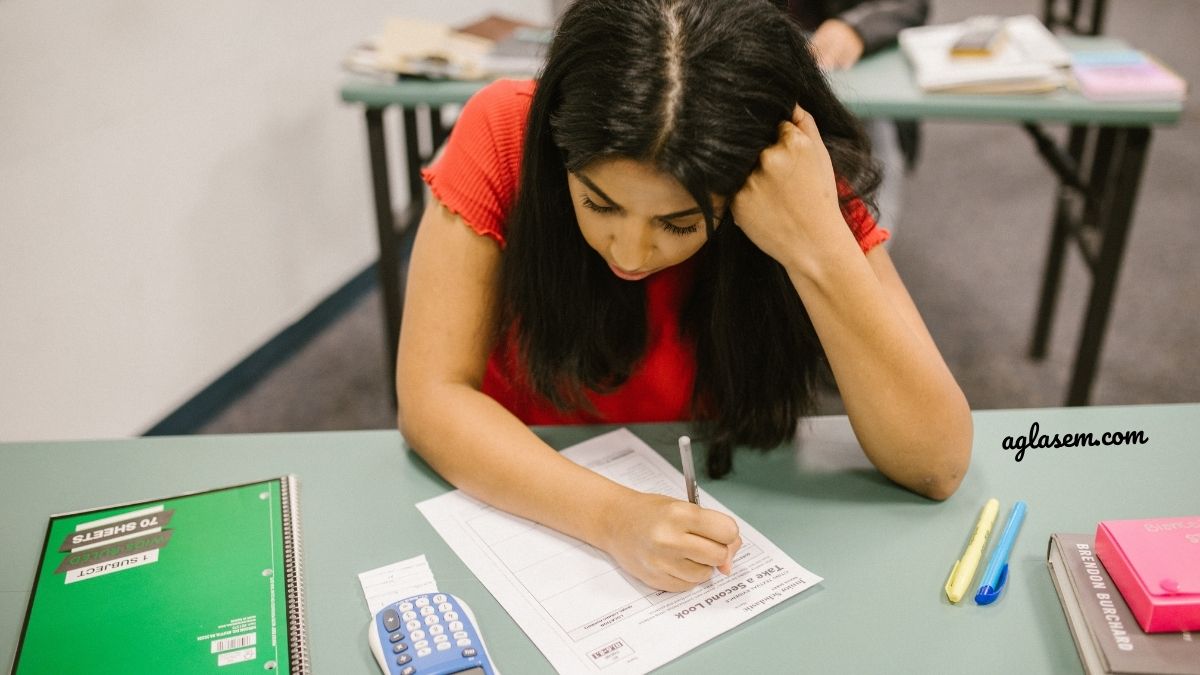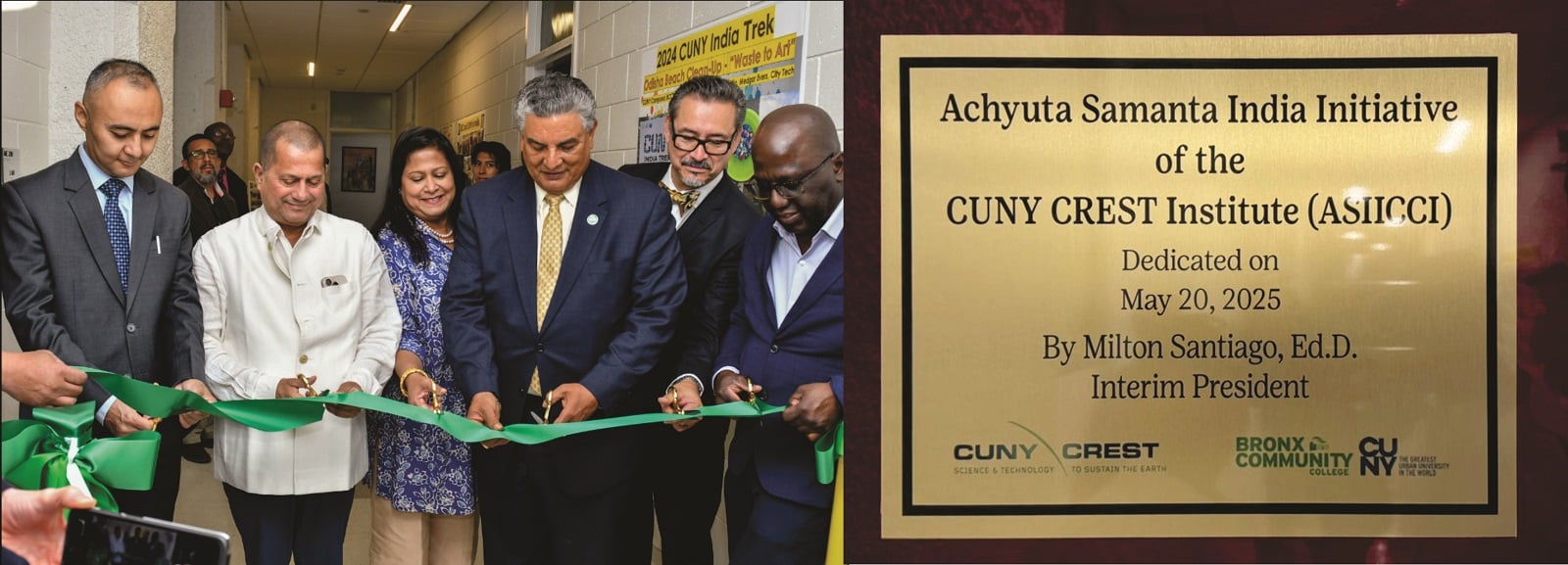Since the introduction of National Eligibility-cum-Entrance Test, Tamil Nadu has opposed the exam. Finally bending in front of Supreme Court’s decision, the state unwillingly accepted the exam. But all went in vain after back to back blunders in NEET.
It all started with re-allocating of NEET 2018 exam centers. After it was disclosed that students from Tamil Nadu had to travel outside the state to appear for the National Eligibility-cum-Entrance Test, an outcry busted. The matter was taken to court and Madras High court ordered Central Board of Secondary Education (CBSE) to re-allot centers within the state.
60 errors in 49 questions, detected in NEET question paper.
This could have been the end of it all but was not. A Chennai based NGO, Tech For All, has detected 60 translation errors in the questions paper. In total, there were 180 questions in the examination. Of these, 49 questions had translation error.
The NGO is dedicated to providing special training classes for below poverty line students. Hence, having the proper knowledge of NEET, the NGO representative pointed the errors in a press meeting.
Few examples of incorrect translation included ‘cheetah’ translated as ‘seetha’, which is wrong and should have been ‘siruthai’. Multiple allele, is a technical word in biology and was mentioned in question 77. When translated to Tamil, it should be ‘pal kootu’ but in the question paper it was printed as ‘kutu allelgal’.
Also Read – NEET 2019 to be Held in Fewer Regional Languages; Only 8% Opt for Them
Any Measures to correct the fault?
The front page of the NEET 2018 Tamil question paper states that in case of any ambiguity in translation, the English version will be referred to and shall be treated as final. However, it is unfair to believe that students would have had the time and mind to cross-check both the versions. Also, students would have never opted for regional language if they were comfortable appearing for the exam in the English language.
The founder of NGO, G.B. Ram Prakash said in the media conference that students deserve grace marks for such grave errors. He proposed that every candidate deserves to get 196 grace marks. Reflecting on the cause of the error, he explained that there are no NCERT books available in Tamil. Hence, CBSE missed standardizing the technical words.
Carelessness Always bites medical aspirants.
From far off these translation errors in NEET 2018 question paper seem amusing but for the student at the exam hall, these created chaos and lack of understanding, which has affected the performance.
The medical aspirants in India are suffering for long. NEET was first introduced in 2013 and since then it is shackled in controversy. While most take it as a topic to debate and criticise, it is the medical student that agonizes.
From Tamil Nadu, 24,000 students have appeared for NEET UG. In front of 13 lakh total candidates registered for the exam, this might seems very less. But the loss of even one good future doctor is a national loss and we need to recognize it.
Also Read – Upper Age Limit Applicable for NEET 2018, Open School Candidates Eligible; Says Delhi HC
CBSE cannot afford errors!
History repeats itself. There are errors again and the Board is caught up in it. Last year, NEET question paper in English and regional language was different. This lead to a fierce court battle between CBSE and students, in which the Board eventually lost. Central Board has to assure Supreme Court that such errors shall not be repeated again.
Whether the Board will allow grace marks to the candidates or not, only time will tell. What is your opinion on the matter? Should students from Tamil Nadu get grace marks? Or will it be unjust to the candidates from rest of India? Tell us your views in the comment box below.









Like Tamil Nadu , In NEET (UG) 2018 Bengali Version Question Paper more than 180 mistakes out of 180 questions, ambiguous, wrong, & meaningless Bengali translation and many students of West Bengal are compelled to appear the examination in Xerox copy of question and Bengali version opted candidates to appear the exam in Hindi/English version paper in West Bengal.
very nice information
The fact is that all demands of TN can’t and shouldn’t be fulfilled by CBSE.it’s better CBSE to publish nee t paper in English and Hindi only and for ten to accept neet .
As per NEET prospectus, in page no.7 showing as “vi) In case of any ambiguity in translation of any of the questions, its English version shall be treated as final.” இரு வருட பயிற்சி பெற்றவர்களே NEET -ல் 300 மார்க் வாங்குவதே கஷடம். ஒருவேளை 49 கேள்விகளும் சரியாக மொழி மாற்றம் செய்திருந்தால் கூட தமிழில் எழுதிய மாணவர்கள் 5 முதல் 10 கேள்வி சரியாக எழுதினால் அதுவே சாதனை. ஏனென்றால் 7500 மாணவர்களில் இந்த 49 கேள்விகளை தவிர்த்து 524 மார்க்கில் 200 க்கு மேல் வாங்கியவர்கள் வெறும் 52 ( 52 பேர் only ) பேர் தான். இந்த நிலையில் 49 கேள்விகளுக்கும் 196 மார்க் கொடுப்பது தர்மம் இல்லை. மற்ற மாணவர்கள் மிகவும் பாதிக்க படுவார்கள். எனவே தமிழில் எழுதிய மாணவர்களுக்கு மறு தேர்வு வைக்கலாம். அல்லது 196 மார்க் கொடுக்க கூடாது.
the terms and conditions are already very clearly categorically stated in the prospectus of NEET Application that any ambiguity english version is the final. eventhough allover india we follow different languages the highly technical professional courses are taught in ENGLISH. ( MBBS, BE…Etc.) . if you dont know proper translation , see the english, so two printing matters avoid you to do mistake. after writing the exam, obtaining marks, already cbse advised to check answer key . planning to get grace marks massive. this is like dharumi begging in thiruvilayadal. god only has to save medical curriculum and academics of INDIA.
I WANT TO KNOW WHETHER CBSE APPROACHED HONOURABLE SUPREME COURT OF INDIA WHICH MANY TIMES GIVE WARNING TO LOWER COURTS AND DIRECT THEM NOT TO INDULGE IN CHEAP WAY OF GETTING MARKS MAINLY IN MEDICAL AND ENGINEERING ADMISSIONS TO PREVENT THE CORRUPTION AND DETERIORATION OF EDUCATION.